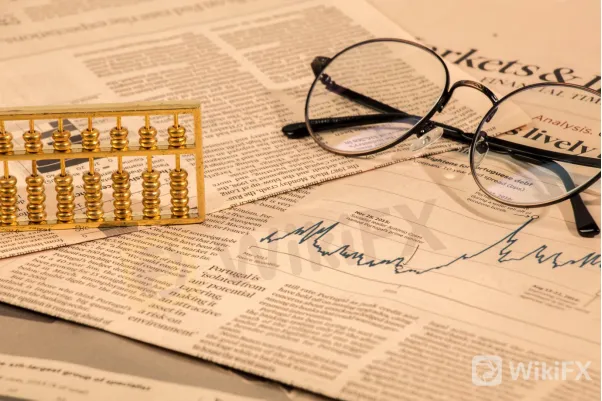The Biases That Traders Should Avoid
We all know that to succeed we must work hard and seize every opportunity. But in financial transactions, this state of mind is a big mistake. In trading, you need to maintain a certain distance from the market. If you step back a little, you can be more detached and cool-headed, you'd be less obsessed, so to avoid mistakes such as hastily placing orders, feeling restless and irritable, losing yourself, taking unproportional risks or even making all-in bets. Only when you stay away from these obstacles can you really grasp market opportunities. In fact, the real market opportunities often come after you have “worked hard”, leaving your earnest efforts in vain.To get more news about WikiFX, you can visit wikifx news official website.

When the price is in favor of traders, the human nature often urges trader to reap the gains as soon as possible and keep them secured in his account. When the price isn't in the trader's favor, it's also a human nature to wish for a miracle rather than admitting one's defeat and leave the market as soon as possible to curb losses. This is a fatal human weakness. There is a famous Wall Street saying: Cut losses and let profits run. This is actually fighting against our inherent weakness of human nature: when you lose, you need to quickly acknowledge defeat and accept your losses; when you win, you need to hold the impulse to act intuitively, overcome psychological fluctuations, and let profits run naturally. Only in this way can we achieve the return/risk proportion of 1:2, 1:3 or more emphasized in fund management principles.
The gambler's myth:
A common practice of gamblers is stepping up their bets after losing a few rounds in a row and placing smaller bets after winning. Gamblers always believe that success will be waiting at the corner after consecutive losses while failure will inevitably come after winning consecutively. This is a game psychology pitfall. According to the principle of fund management, the total amount of trader's funds will decrease after losing the game continuously. Even if the same risk percentage is maintained, the bet should be reduced due to the decrease in the total amount. According to the gambler's practice, once he starts a losing streak, he'll likely stick to it and eventually end up losing everything or even blow up his account. The principle of fund management also applies to winning streak, because after winning several rounds straight, the total amount of funds has increased and even with the same risk percentage, the stakes should go up.
When a trader makes a trading decision, it often requires plenty of efforts and will be based on technical, fundamental and market news evidences. This easily leads to a psychological bias: the transaction can't be wrong, nor should the trader doubt whether it's wrong. But in fact, trading is a psychology game about probability, and traders should take a probabilistic approach when handling trading issues, rather than focusing on a particular trading's gain or loss. The correct mindset is to assume that every order you place is wrong and should be losing anyway, so you'll see losses as something natural and profits as surprises, and thus avoid the tragedy of denying mistakes or even let small mistakes develop into bigger ones.
评论
发表评论